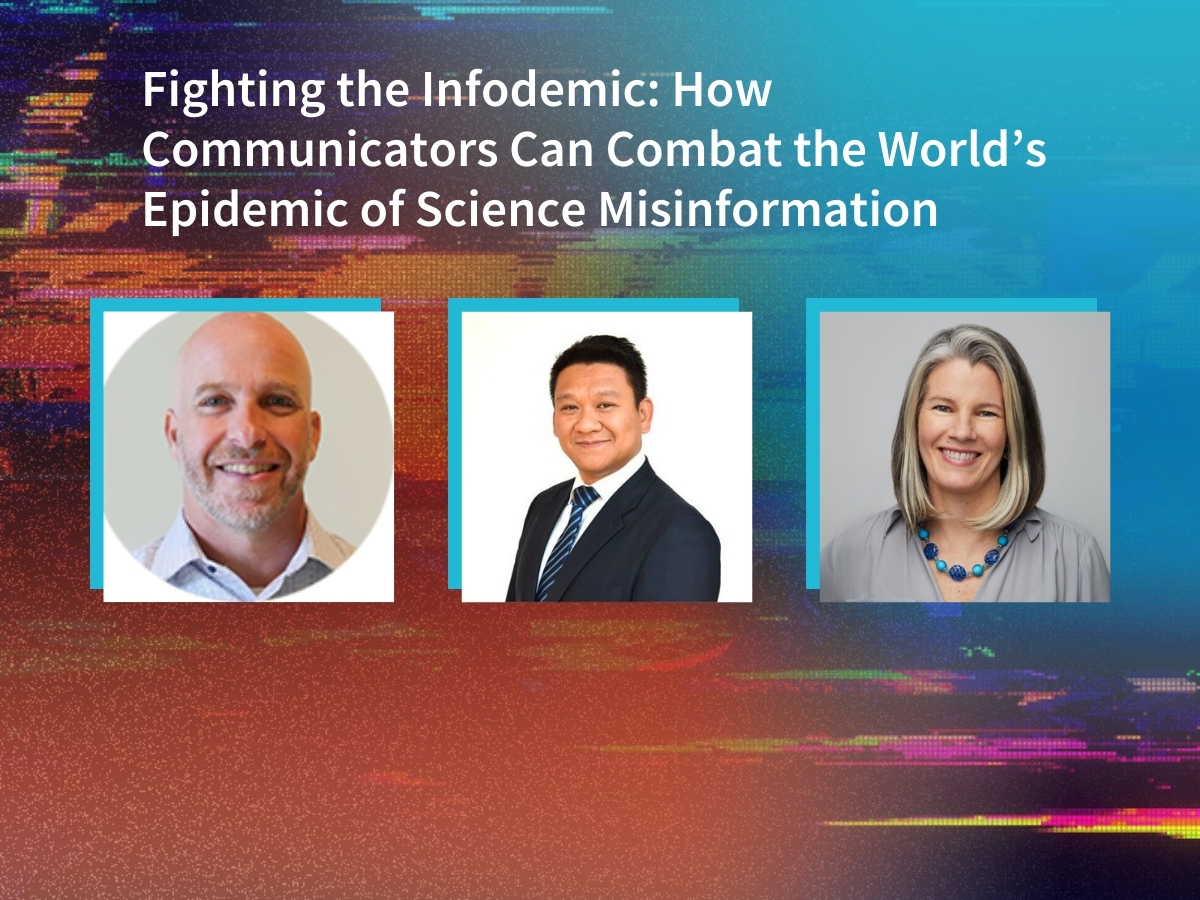Diana Marszalek 21 Oct 2020 // 10:43PM GMT

With Covid misinformation circulating freely around the internet and social media, communicators have a huge responsibility to disseminate accurate healthcare information that is easy for consumers to find, understand and use, participants in a discussion on fighting science disinformation said at the PRovokeGlobal summit this week.
“Disinformation kills people,” said Tim Nguyen, World Health Organization health information specialist, citing an incident in Iran in which 500 people died this year after drinking methanol to ward off Covid-19.
With tens of thousands of Covid-related posts online (20,000 research studies, many of which were not reviewed, were published in the first few months of the pandemic alone), individuals are prone consuming and sharing — and being overwhelmed by — misinformation, whether it’s published as such intentionally or not. “This is when things become dangerous,” Nguyen said.
Communicators, however, have tools to distribute accurate — and pertinent — information in ways that help facts stand apart from falsehoods, including seemingly simple steps like boiling information down so that it is easily digestible and presenting in forms such as infographics that the public is likely and able to consume and understand, Nguyen said.
He said the WHO plans to make its new model showing the lifecycle of misinformation that is intentionally spread available, to help communicators identify where they are in the cycle, and what steps can be taken to mitigate its impact.
Enlisting the help of non-medical professionals — social scientists and psychologists, for instance — is also worthwhile, as they could offer valuable insights into successfully reaching specific communities. The WHO has also been working with big tech companies to implement processes that will enable information from trusted sources to show up at the top of searches.
All of which is rooted in the essential step of remembering who you’re trying to reach. “Most people are not scientists,” Nguyen said. “At the end of the day you are not only try to reach medical physicians but each person that becomes their own risk managers. They need to do what they can do to protect themselves.”
Institute for Health Metrics and Evaluation CMO Greg Amrofell, however, said his organization has learned that even science-based information can cause confusion, based on the research institute’s seven months of producing Covid forecasts.
That, he said, is because science is not static — the pandemic, for instance, continues to evolve — and that forecasts that, say, factor in possible scenarios like lockdowns look at a range of scenarios, and are therefore open to misinterpretation, used as the basis for disinformation campaigns or be dismissed as wrong.
Yet he said the IHME is committed to disseminating information, based on the conviction that data indicating how many lives particular actions like shutdowns could save, for instance, is essential, and will ultimately prevail
“We persist and stick with the truth. We play the long game,” Amrofell said. “Truth trumps trolling.”


































.jpg)


















